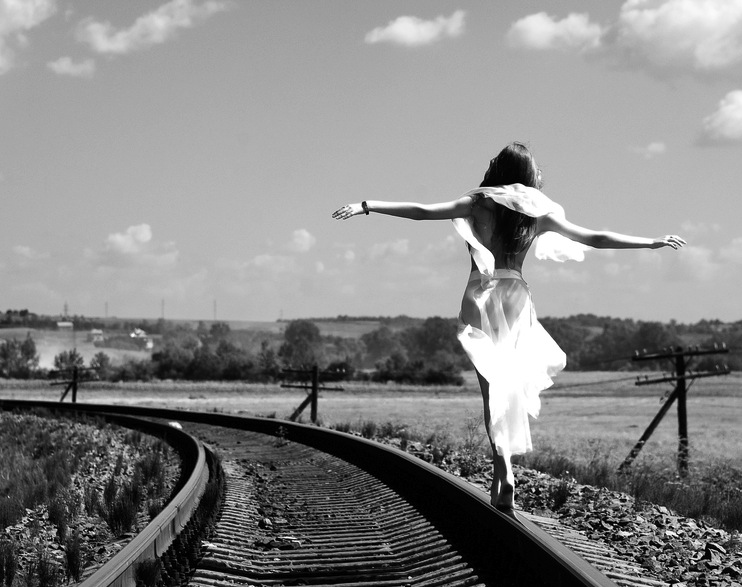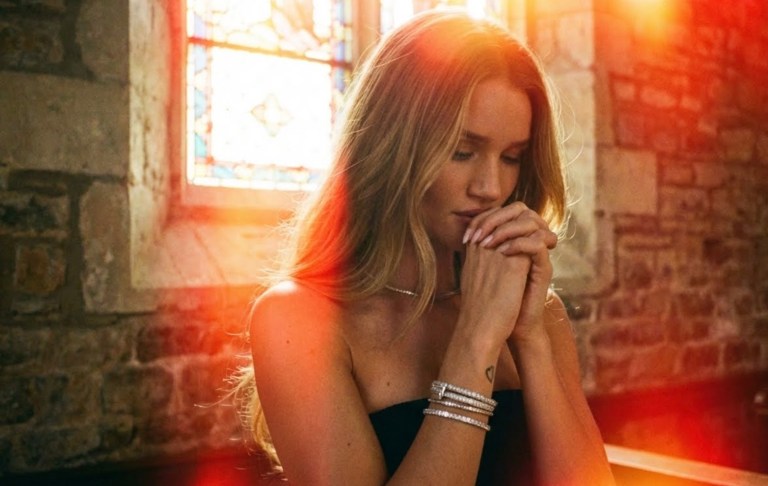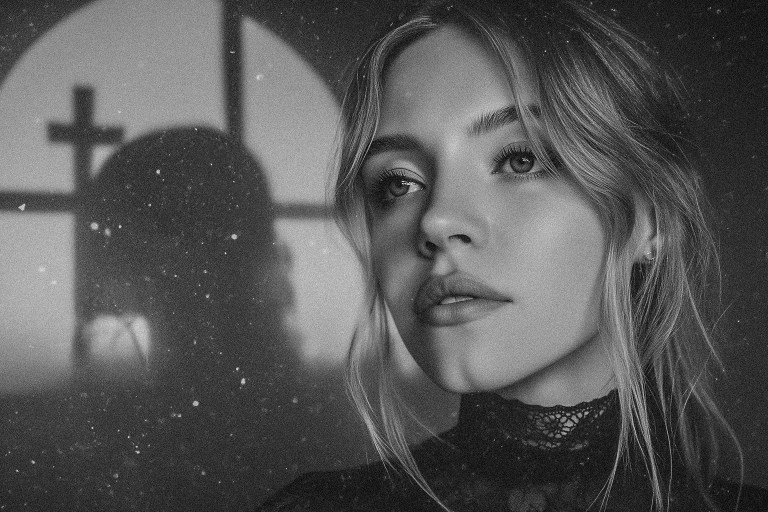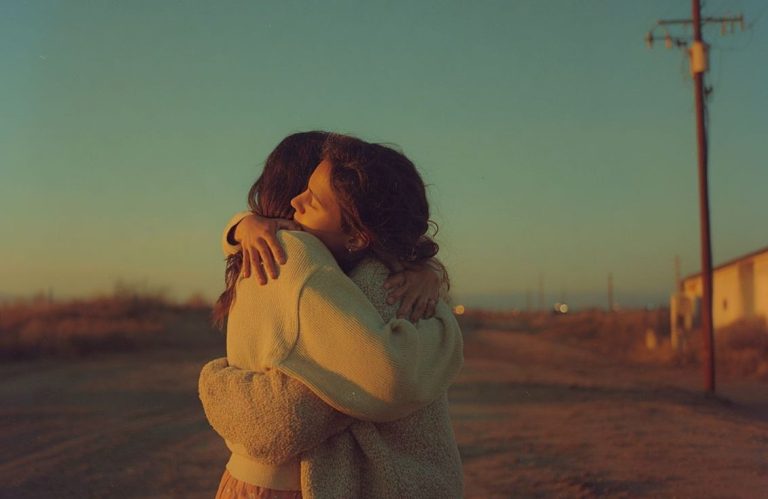
The Danger In Our Need To Always Be Certain
We lose the mystery, the intangible but palpable reality of our existence, one that's both elusively foreign and so comfortably, warmly home.
When I was little, I used to have these weird conversations with my friends about really definitive things we wanted for the future that were mostly a matter of chance, but we treated like decisions. I’m going to have three kids, two twin boys, a girl, I’ll have the first kids around 27, I’ll be married at 25, I want them to be 3 years apart and my husband will have to be a doctor… and somehow, nobody really thought this was strange. Regardless of whether or not it was just another game of pretend, it speaks to something that we haven’t completely lost sight of.
It’s intriguing because even as little kids, we have this innate need for structure, whether it’s deludedly irrational or not.
It’s something we’re programmed for, but our conditioning compels us to act on. And somehow, it affects almost every part of our lives, especially during our coming-of-age adolescence/young adulthoods. We’re most broken over the things we lose or don’t find that we, sometime before, decided were absolutely going to happen. We lose comprehension of who we are without these structures, or we feel like failures for never finding them.
When structure is lost, we’re lost. When we don’t have a God we trust in and a purpose for living we abide by and a clearly delineated life path, we can’t find meaning. We can’t make sense of it. We need to categorize and identify and label and judge to make sense of things. And in doing so, we lose the mystery, the intangible but palpable reality of our existence, one that’s both elusively foreign and so comfortably, warmly home.
I spent most of my life at war between what I felt I should do and what I had decided was right for me. I kept waiting for them to align, but they never did. As someone who claims to be a free spirit, I’m awfully indebted to structure.
It is from structure we run and back into structure we assimilate ourselves. We realize, as adulthood burgeons, that we want that which we’ve spent our lives rebelling against, but only on our own terms. We want to have definitive understandings of right and wrong, especially in the context of our own lives. We want to decidedly structure ourselves, piece by piece, convenience by convenience.
I spent my whole life deciding what was right for me and having the universe rip it out from underneath me and hand me something far better. I don’t know why I couldn’t learn my lesson that way. I don’t know why experience didn’t give me faith. Some people say they won’t believe until they see, but I saw, and yet I couldn’t hold onto an idea, I couldn’t have faith in it, until I was certain. And I know I’m not alone.
So what then, do we find more compelling than having faith that there is some grandiose plan that we cannot wrap our heads around and yet seems to have repeatedly aided and serviced us, time and time again? Certainty. God damn certainty.
And the danger? The problem with it all? Certainty, and the lack of it, destroys that which is most beautiful. Certainty, and the need for it, took from me what I needed most– to be delivered somewhere aside from where I was. In a very abstract sense, it was the death of me and the rebirth in me. It requires logic, something that love and hope and miraculousness do not come from. Nothing incredible is ever planned. Reason and wonder are two different beasts, both of which have to be tamed on their own terms. And depth has to be carved out of us, and is most especially done so when our certainties, our irrational but comforting certainties, are ripped out from under us, time and time again. And maybe therein is where we find the only certainty we can rest on, the only one that won’t cave if circumstances don’t align. That things are perpetually and horrifyingly and uncertainly unknown. And nothing good ever comes from anything but. ![]()











